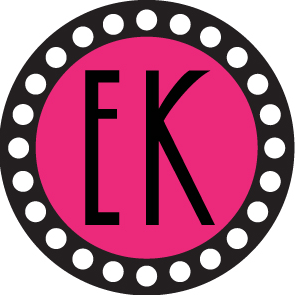““Face front. Face the front. Cheat it out. We need to see your face. We got your back for most of that you have to face the audience. You don't need to look at him. I know it sounds weird but you don’t need to look at him when you speak to him.” Then theres “ I didn't hear any of that . Don't forget that there’s an audience if we don't hear that word the joke won’t make sense.. Say it into the microphone. Yes good but say it clearly into the microphone. Yes but face the front. If this was on TV that would be perfect. Perfect.! But we are in a theatre so it’s got to be a lot bigger. Think of it as sharing the conversation with the person at the back of the room. GO! Face front, speak clearly, share it with the room, Into the microphone. Keep up the pace. It’s got to be quick or you’ll loose them.”
I drive my car I every day. I get to a place and don't remember the journey. But remember learning to drive?. Speed limit. Lights. Parking. Indicate, no one in your blind spot. Starting on a hill. clutch. Oh my, the clutch! I fired my first driving instructor for lack of patience. My foot shook on the accelerator for a year after I got my license. It takes time. They are doing their best. You have to be patient.

